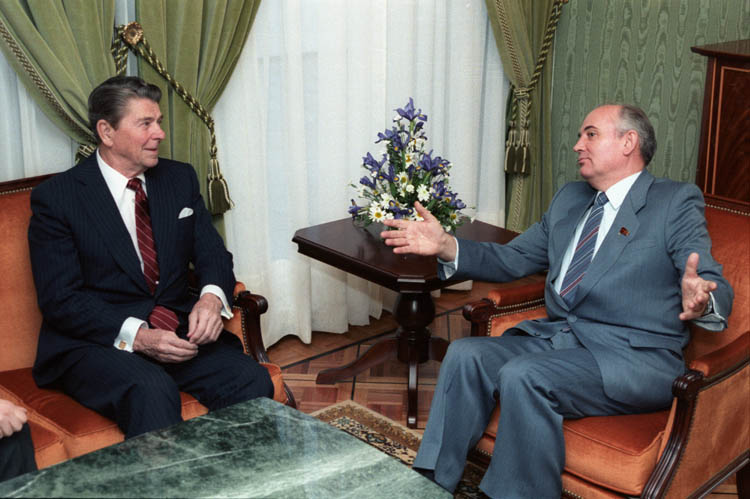Political Psychology and International Relations (PPIR) is a student-faculty research lab hours in the Social Science Research Methods Center (SSRMC). The lab is premised on an experiential learning model typical of the natural sciences. Focusing on the intersection of psychology and international relations, the lab enables students to apply their classroom knowledge to their own research interests outside the classroom. Through close supervision by Professor Holmes, as well as collaboration with other lab members, students experience all of the core phases of the research process over two consecutive semesters. Students earn course credit (GOVT 394) for their participation in the lab.
Lab members begin by developing their own research questions. Students often enter the lab with an inkling of what they want to study, and the first few weeks of the lab experience are aimed at honing these ideas into executable research projects. Through brainstorming workshops and collaborative processes, students continue to refine their research questions. The next step involves reading existing literature on the subject and crafting conceptual maps, which are critiqued by fellow lab members. Once students have identified where their projects fit into the existing scholarly landscape, they then seek to contribute to it. This takes many different forms, including experiments that make us of the physical lab space, the Omnibus survey project, elite interviews in Richmond/Washington, or careful qualitative case studies, to mention a few.
The lab typically meets weekly in small working groups. Students work closely with other members of their group, reading and critiquing multiple iterations of each other’s work. The end deliverable for each member of PPIR is either a paper, ideally a stepping-stone to an honors thesis or published article in a journal such as Monitor, or a research design for future work.
